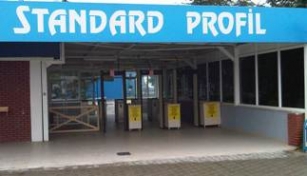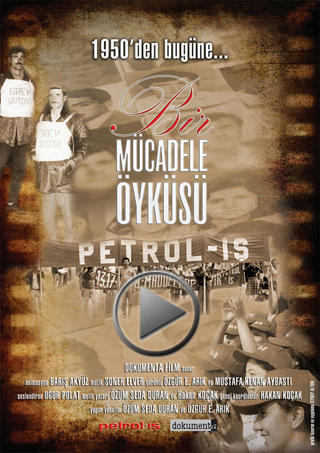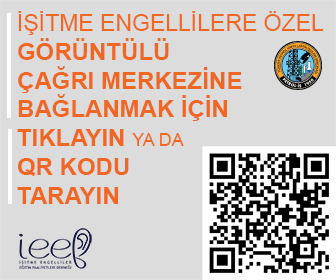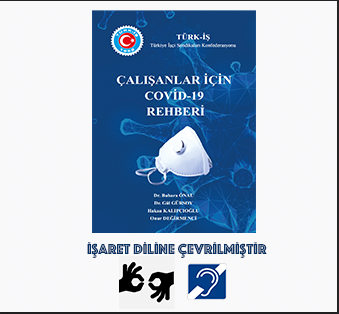Petrol-İş demands immediate recognition at Standard Profil in Turkey

In Turkey, the ICEM affiliate Petrol-İş seeks to pre-empt an auto-parts rubber manufacturer from challenging a majority of workers in their right to collective bargaining. Standard Profil, a maker of rubber weather-sealing devices, met a public campaign last week by the union in the northern Anatolian city of Düzce, where the company operates its biggest factory.
The public message was simple: Petrol-İş has succeeded in gaining well over 50% of Standard Profil’s 2,300 Turkish workers seeking union representation, the Labour Ministry has deemed Standard a part of the oil, chemicals, and rubber sector, so the company must forego any appeal and begin good faith social dialogue with Petrol-İş.
It is common in Turkey for employers to thwart union recognition drives with frivolous appeals in order to block workers’ their legitimate workplace rights. Such appeals can take up to two years. By taking the Standard Profil appeal public, Petrol-İş, with a strong presence in Düzce and other manufacturing zones of Turkey, is initiating a unique pro-active strategy inside Turkey intended to deflect company resistance to union rights.
At a press conference in Düzce on 21 March that the ICEM participated in, Petrol-İş President Mustafa Öztaşkin stated, “We want to sit down at the negotiations table with Standard Profil and conduct a peaceful process of mutual understanding.” Labour relations, he added should “start with mutual good and consideration of mutual interests.”
On 19 March, Turkey’s Labour and Social Security Ministry did formally confirm that Standard Profil staff work in Petrol-İş sectors. The company has 15 days to contest that verification and the message is that they do not. The governmental process is now underway to certify the union with majority interest from workers and that will likely be affirmed in a matter of weeks. Again, the message in Düzce and along Standard Profil’s supply chain is meet Petrol-İş at the bargaining table.
Union justification that Standard Profil not challenge unionisation at its 1,850-worker Düzce plant and a smaller but growing plant in the city of Bursa is furthered by the fact that the company has positively addressed freedom of association and given workplace rights training inside the plants.
That came late in 2008 and early 2009 after Petrol-İş and its national labour centre, Türk-İş, lodged a complaint with the World Bank’s International Financial Corporation (IFC). The IFC and the accompanying Multilateral Investment Guarantee Agency (MIGA) loaned the company development money, and criteria under that loan requires the company live up to social and environment standards.
After assessment, a compliance office for IFC/MIGA determined that managers must undertake awareness and education efforts regarding labour rights and work conditions. At last week’s news conference, Öztaşkin reminded of that, emphasizing that the union stands ready and willing to make Standard Profil a quality, reliable, and globally-preferred supplier of automotive sealing systems.
The point was reinforced by letters presented at the press conference on behalf of the International Metalworkers Federation (IMF), the United Auto Workers (UAW) of the US, the Volkswagen Works Council in Germany, and ICEM German affiliate IGBCE. In the ICEM’s letter, General Secretary Manfred Warda called on Standard Profil to embark on a “peaceful and constructive labour relations atmosphere at your workplaces which will result in enhanced business performance.”
Leaders of several textile, metal, and other regional trade unions also attended the news conference, lending their support to the Petrol-İş message. Standard Profil, owned by London-based Bancroft Private Equity LLP whose investments mostly are in Central Europe, supplies door, boot, engine cover, and other rubber seals to a number of auto firms. Its larger customers are General Motors, Volkswagen/Audi, Fiat, Ford, and Honda. (28 march 2011)















